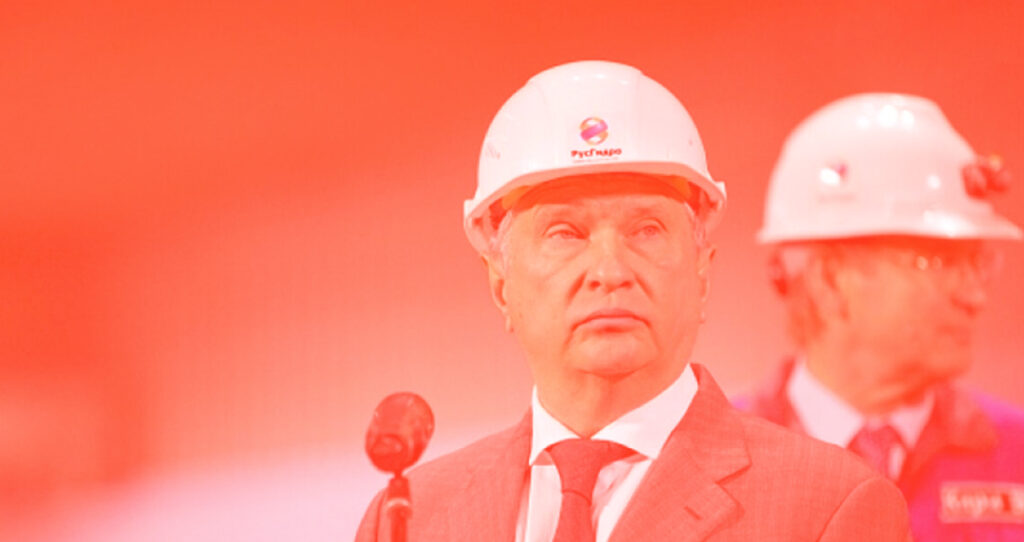
Russia gives up controlling stake in Rosneft
Amid the coronavirus news, you may have missed one of the biggest deals in the Russian oil industry for several years. Oil giant Rosneft announced last weekend that it was selling its Venezuelan business to another state-owned company for $3.8 billion.

- All Rosneft’s joint ventures, service companies and trading operations in Venezuela will be passed to a state-owned entity, according to a statement published Saturday. In return, Rosneft will receive a 9.6 percent share of the company’s own equity, which is worth $3.8 billion.
- The government controls Rosneft through state-owned holding company Rosneftegaz, which has a 50 percent plus one share in the oil giant. While the deal’s structure is secret, it is likely Rosnefttegaz’s holding will now fall to 40.4 percent, meaning the state loses its majority stake. It is unclear what Rosneft will do with the shares, but the company has been buying equity on the market since August 2018. There was speculation (Rus) a share package of up to 13 percent could now be sold to a private investor, or even distributed to management.
- Dumping its assets in Venezuela will help Rosneft evade U.S. sanctions — its subsidiaries Rosneft Trading and TNK Trading were sanctioned this year for working with Venezuelan state oil company Petroleos de Venezuela (PDVSA). U.S. officials said Thursday that, if Rosneft stopped its work with PDVSA, the sanctions on Rosneft Trading and TNK Trading would be lifted.
- In recent years, Rosneft has played a central role in Russia’s support for embattled Venezuelan President Nicolás Maduro, providing financing and helping sell oil. Maduro tweeted Tuesday that Putin has reassured him of Russia’s continued support after the deal, and it looks likely Rosneft will retain influence over Russia’s ties with Venezuela. The state-owned company widely assumed to be in line to take over Rosneft’s Venezuelan assets, Roszarubezhneft, was created the same day as the deal was announced. Roszarubezhneft’s CEO will be Nikolai Rybchuk, reportedly a colleague of Sechin during his work in Angola in the 1980s as a security officer.
Why the world should care
The deal is a big win for Sechin. Not only does it allow Rosneft to escape U.S. sanctions, but the company also builds up its pile of treasury shares, and gets rid of unprofitable assets badly hit by oil price woes and Venezuela’s accelerating coronavirus outbreak.





